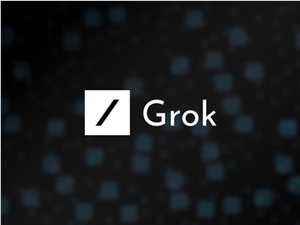Israeli artificial intelligence startup CytoReason recently announced the completion of an $80 million funding round, with investors including industry giants such as Nvidia, Pfizer, OurCrowd, and Thermo Fisher Scientific. The company plans to use the funds to accelerate the development of its AI platform for disease modeling and drug discovery.
Founded in 2016 and headquartered in Tel Aviv, CytoReason's AI platform extracts insights from human disease data to create computational disease models for predictive therapies, aiding pharmaceutical researchers in making data-driven decisions. Its core technology simulates human diseases at the cellular level, observing the interactions between potential treatments and the human body, with the aim of accelerating the drug development process.

David Harel, co-founder and CEO of CytoReason, stated, "The world understands that data alone is not enough; the future of data-driven insights lies in data modeling. CytoReason is at the forefront of a pharmaceutical research revolution."
Following this round of funding, CytoReason plans to expand the application of its computational models, increase its proprietary molecular and clinical databases, and open a new office in Cambridge, Massachusetts later this year.
It is worth noting that CytoReason has had a close partnership with Pfizer since 2019. In 2022, Pfizer acquired a $20 million stake in CytoReason as part of a $110 million deal, securing access to CytoReason's platform and disease models. Mikael Dolsten, Chief Scientific Officer at Pfizer, said that the collaboration with CytoReason has enhanced Pfizer's R&D capabilities and provided valuable insights for developing new drugs for patients.
In addition to Pfizer, CytoReason claims to have established partnerships with six of the world's top ten pharmaceutical companies. These companies use its platform to explore potential treatments in areas such as inflammation, therapeutics, and immunology.
Technically, CytoReason utilizes Nvidia's computing and AI platforms to support its work. Kimberly Powell, General Manager of Healthcare at Nvidia, revealed that CytoReason has increased its workload inference speed tenfold using Nvidia technology.
CytoReason's successful funding and rapid growth highlight the significant potential of AI technology in the pharmaceutical industry. With more pharmaceutical giants and tech companies joining the fray, AI-driven drug development is poised to accelerate the discovery of new therapies, bringing more treatment hope to patients.










